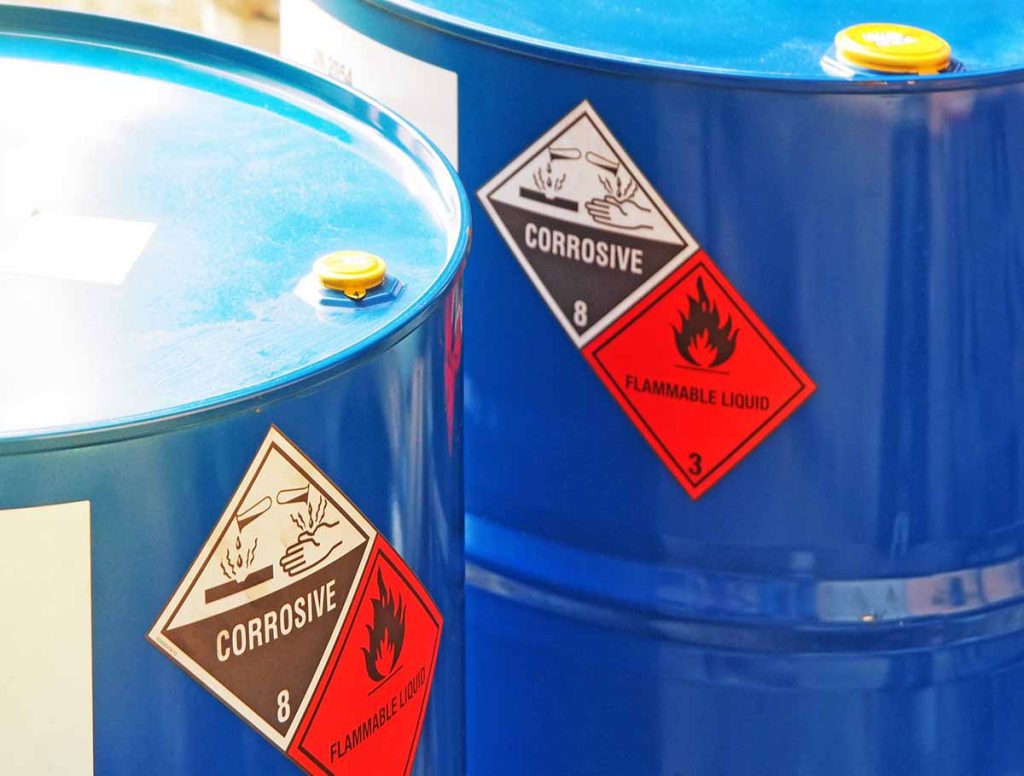Don’t hesitate to take action if you have been exposed to harmful substances or environments at work. Your health and well-being are too important to ignore.
Regarding workplace safety, most people think of hazards like heavy machinery, slip-and-fall accidents, or even emotional stress. While these are all legitimate concerns, exposure to harmful substances or environments is another less talked about but equally crucial issue.
Employers have a legal obligation to protect their employees from such exposure. However, sometimes, they fall short, resulting in significant harm to the employee, who may be eligible for workers’ compensation.

Common Harmful Substances and Environments
Some of the most common scenarios include:
- Chemical Exposure: Many jobs require the handling of chemicals like solvents, adhesives, paints, and more. Exposure to such chemicals can lead to various medical issues like skin irritation, respiratory problems, or more severe ailments like chemical burns or poisoning.
- Asbestos exposure: This is a significant concern in older buildings and manufacturing sites. It can lead to severe long-term health effects such as asbestosis, lung cancer, and mesothelioma.
- Biological Hazards: Healthcare workers, laboratory workers, and waste handlers are often exposed to biological hazards such as bacteria, viruses, and other pathogens, which can cause various diseases.
- Extreme Temperatures: Employees who work in high-heat environments like foundries or those who work in extremely cold conditions risk exposure to temperature-related illnesses like heatstroke or hypothermia.
Signs and Symptoms
If you experience sudden or unusual symptoms like coughing, skin rashes, dizziness, or difficulty breathing could be a sign of exposure to harmful substances. Chronic symptoms, like prolonged fatigue, difficulty concentrating, or recurring headaches, could also indicate ongoing exposure.
Your Rights and Responsibilities
- Right to Information: You have the right to know about the types of substances you are exposed to and their associated risks.
- Right to Protection: Employers must provide proper protective equipment (PPE) and adhere to safety protocols to minimize exposure.
- Right to Report: If you believe you have been exposed to a harmful substance, you can report it without retaliation from your employer.
- Responsibility to Act: You must use the provided PPE, adhere to safety protocols, and report any unsafe conditions immediately.
For peace of mind and the best chance at a fair settlement, consult a workers’ comp attorney specializing in cases involving exposure to harmful substances or environments.
